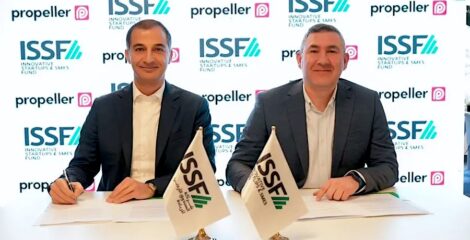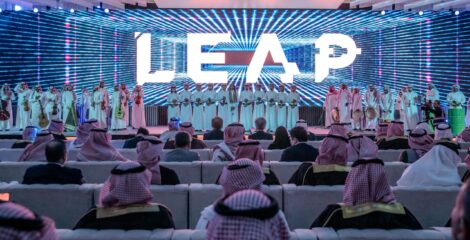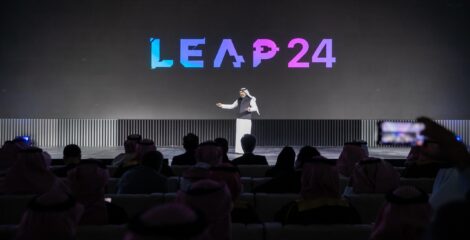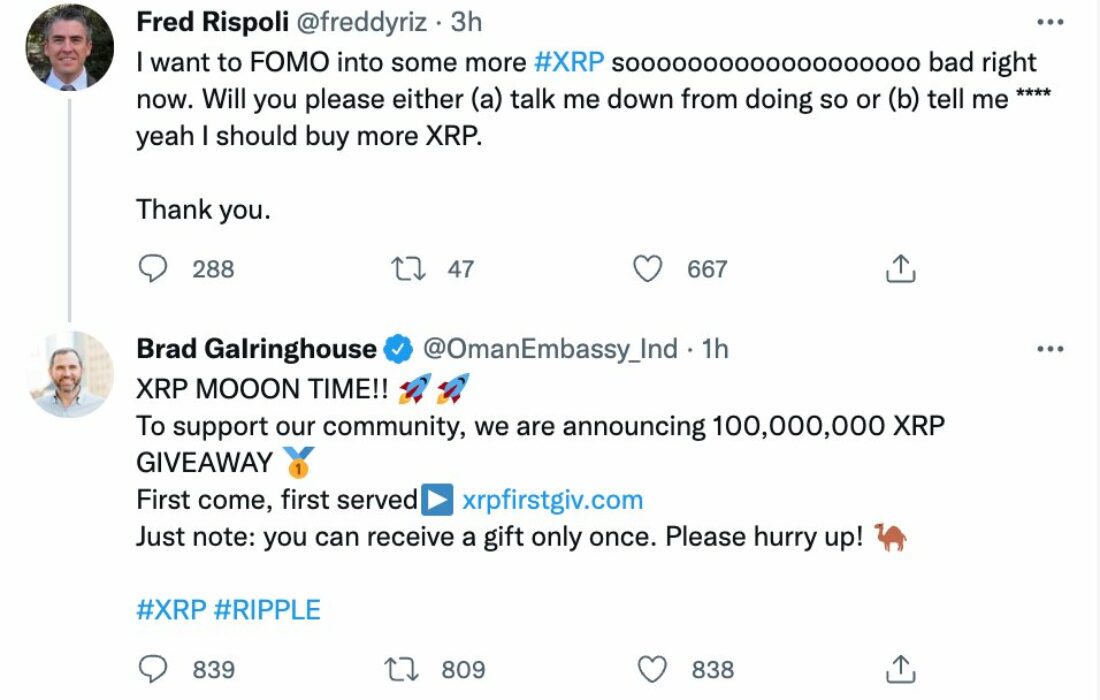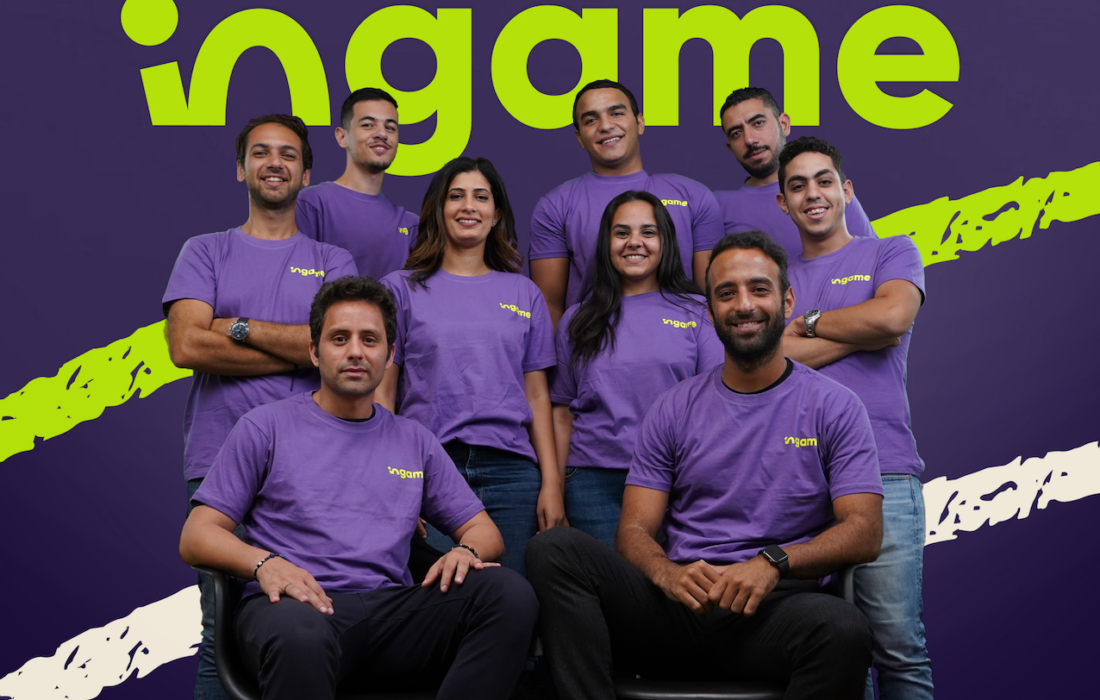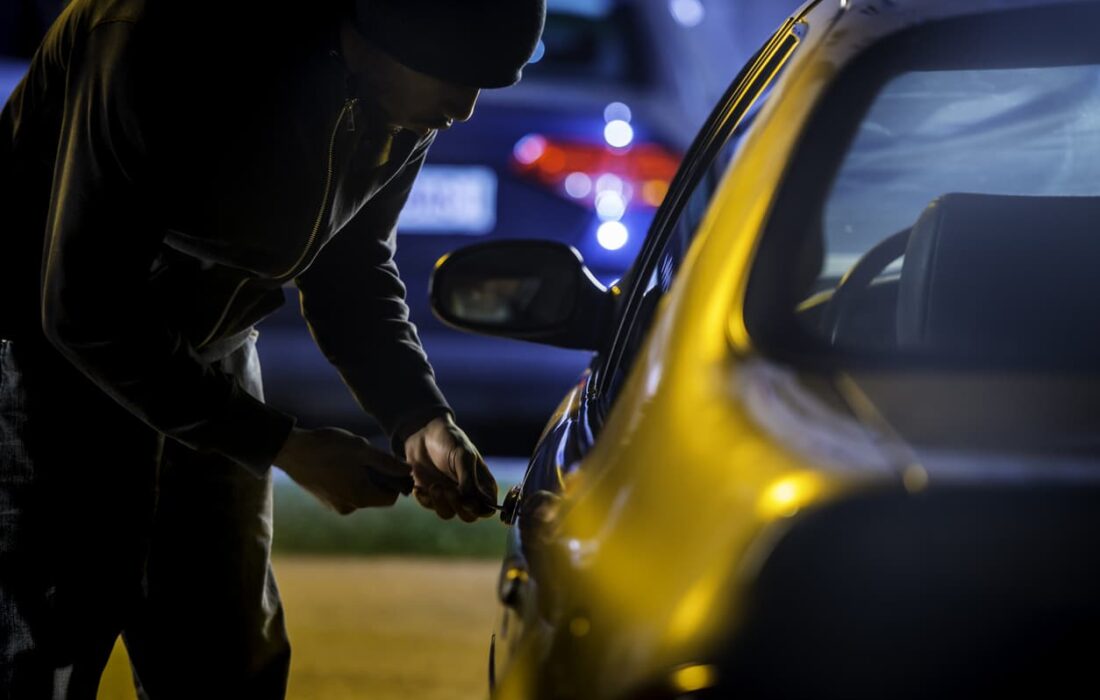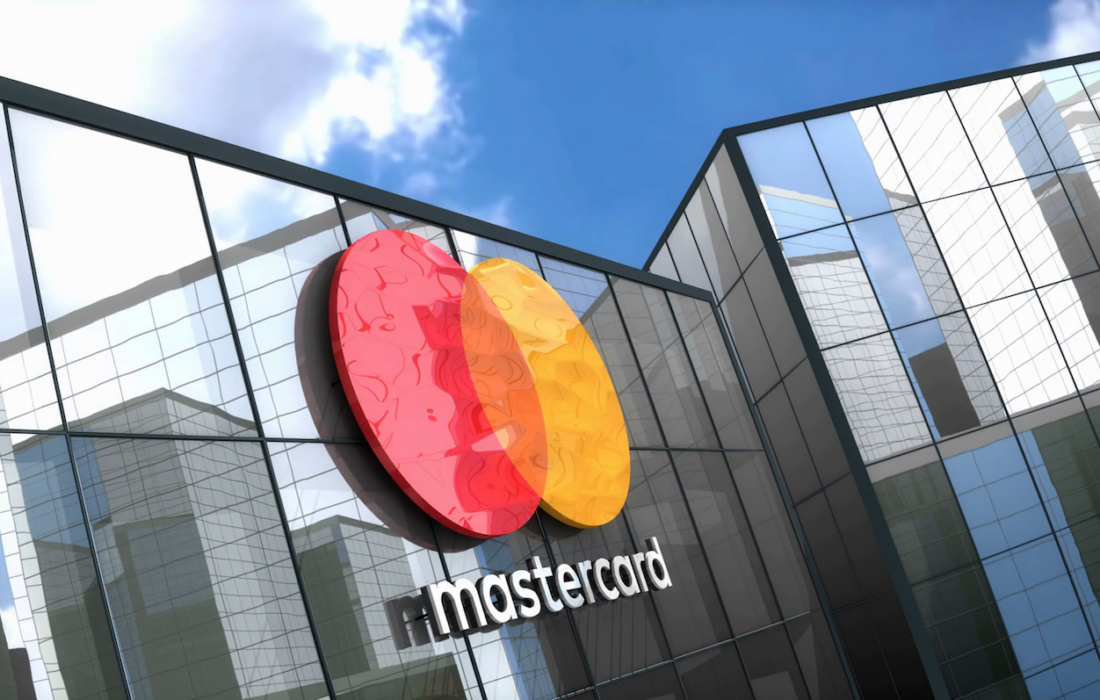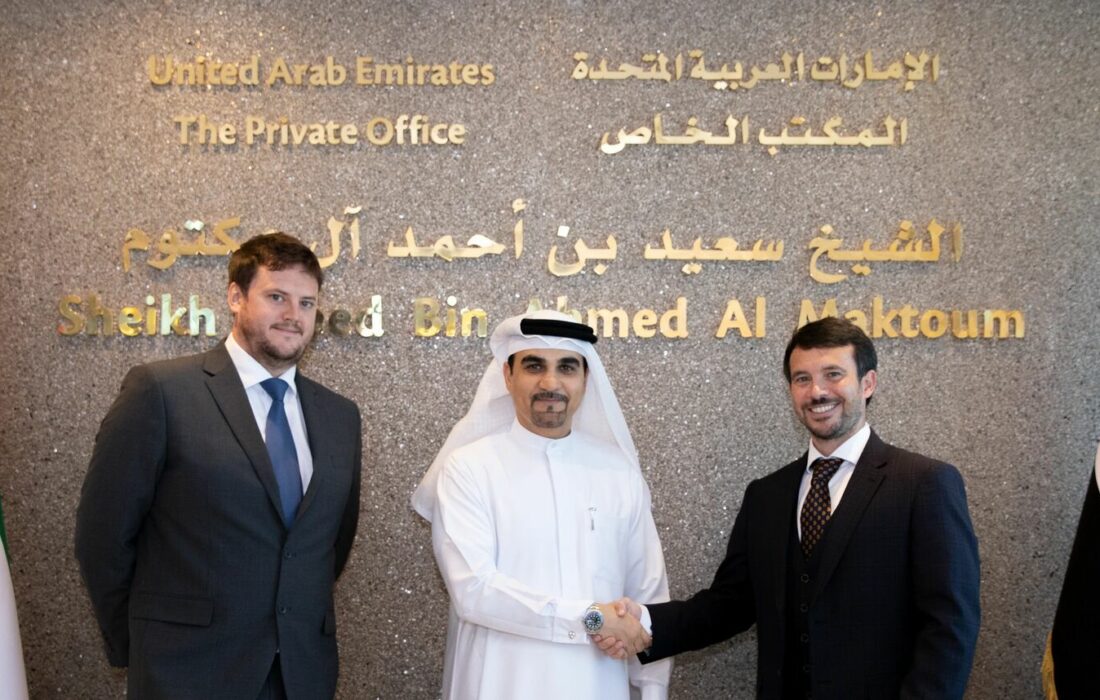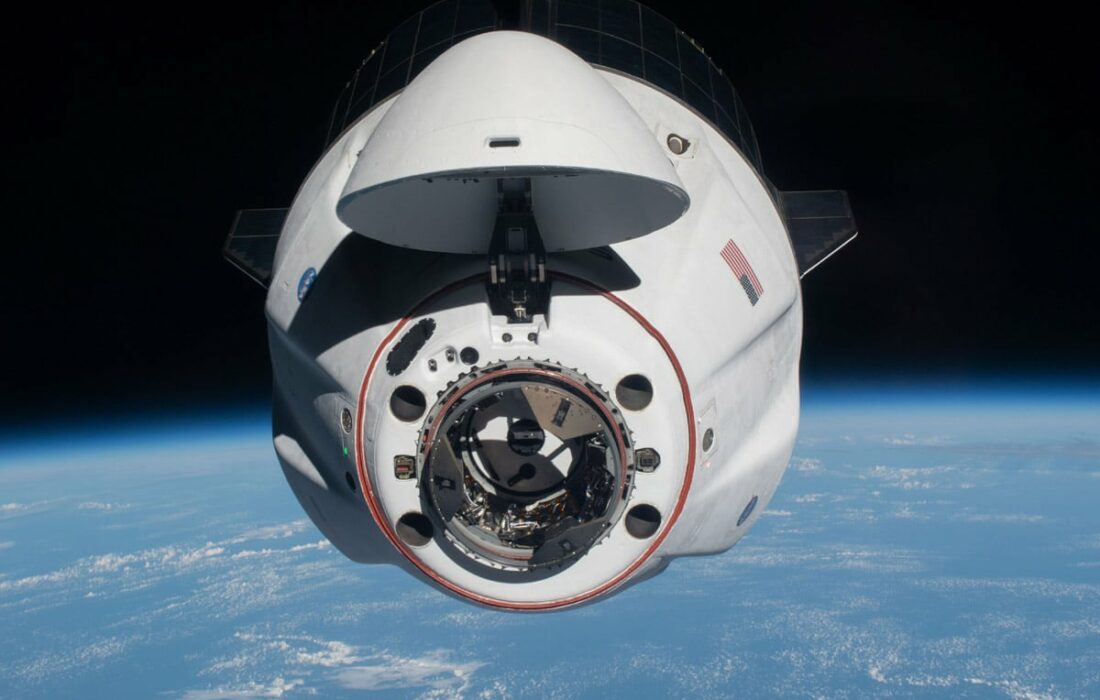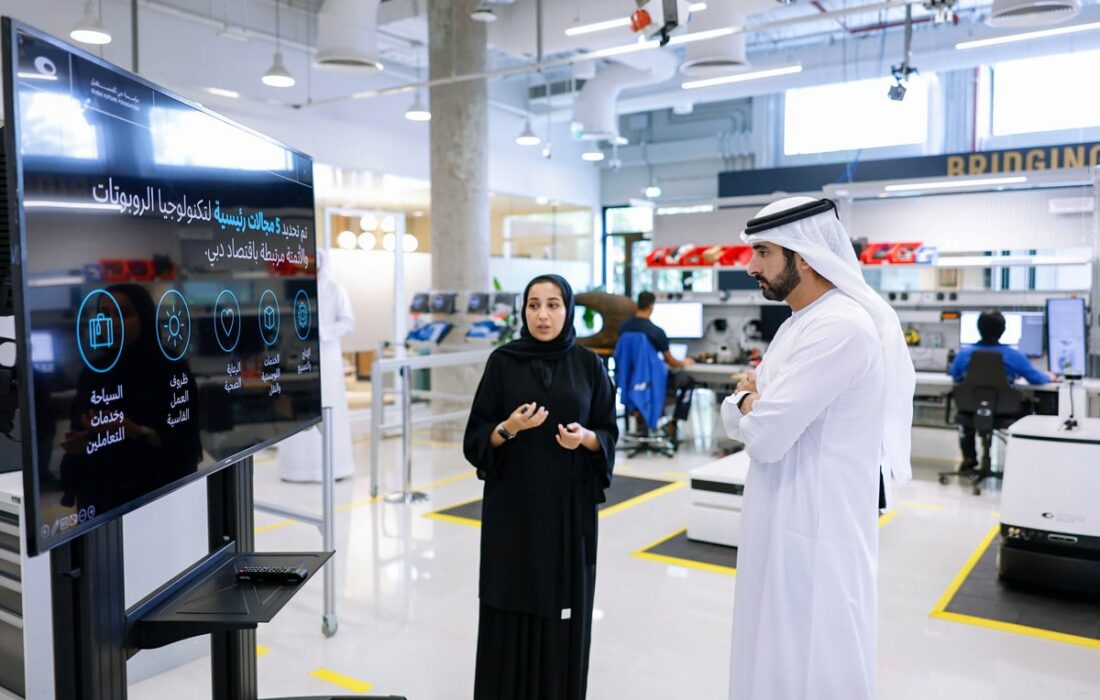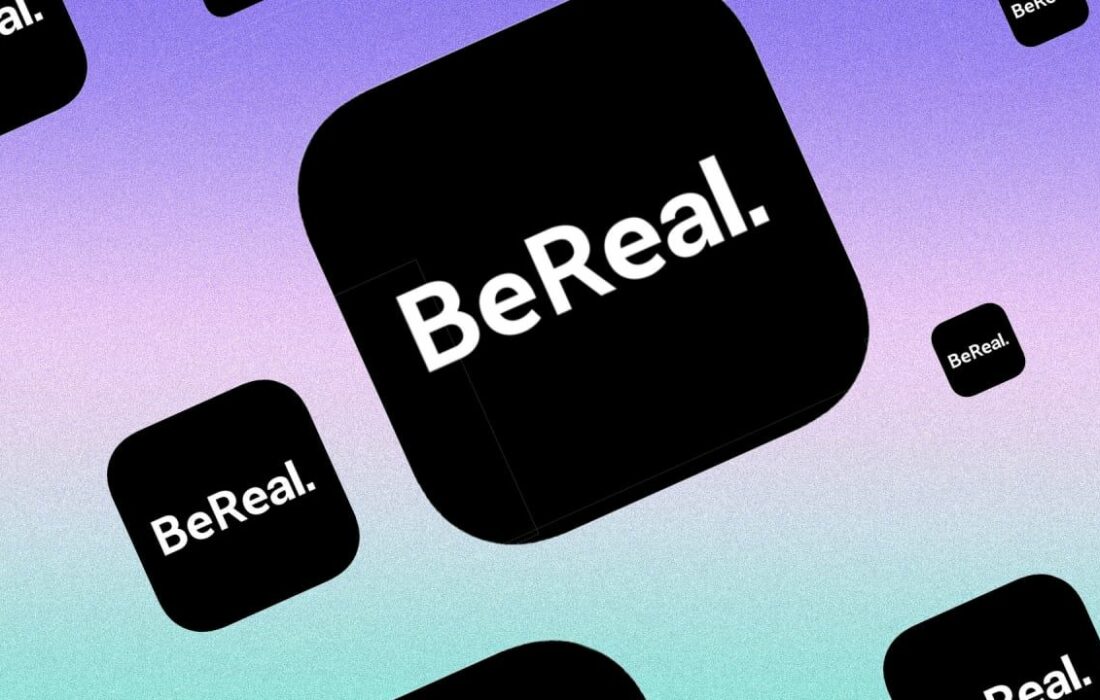Schools in developing countries face a crippling problem, they are completely isolated from the rest of the world. Lack of internet access, compounded by pandemic school shutdowns, exacerbates their social and academic exclusion.
That’s why in September 2019, UNICEF partnered with the International Communication Union to create ‘Giga’, an initiative that utilizes blockchain technology to fundraise for these schools’ internet access.
The project is part of ITU’s Partner2Connect Coalition, UNICEF’s Reimagine Education initiative, and the UN Secretary-General’s Common Agenda and Roadmap for Digital Cooperation.
Working with 14 corporate and non-profit partners, the initiative achieves its objective through a number of steps.
First, Giga uses machine learning to scan satellite images and identify schools and their connectivity status on an open-source map. To date, it has located over 1.1 million schools across 49 countries, mapping the connectivity data of a third of these schools.
Giga then arranges an NFT fundraising event to raise awareness about these schools, supporting them on three main arms: deploying critical, low-cost software and content localized to their native languages, developing new financing programs to enhance broadband connectivity, and collaborating with digital financial services to enhance the efficiency and accountability of government programs that disseminate payment.
In Kyrgyzstan, Giga helped the government generate $200k savings per year, reducing internet prices by almost half (from $50/month to $28.5/month) and almost doubling its speed (from 2Mbps to 4Mbps). In Niger, Giga mapped 4,758 schools, overlaying electricity data to show where schools had access. And in Rwanda, Giga attracted investment from a private internet service provider, enhancing internet access and decreasing its price per Mbps for schools by 55% (from average of 20USD to between 9 and 14USD per Mbps).
In its latest NFT-led fundraising campaign, the ‘Patchwork Kingdoms’ initiative, Giga partnered with Dutch artist Nadieh Bremer to launch a collection of 1000 procedurally generated NFTs minted on the Ethereum blockchain. The NFTs were produced using Giga’s school data to represent those with and without internet connectivity.
Gerben Kijne, UNICEF’s Product Manager of Blockchain, spoke at length about Giga’s Project Connect and its Patchwork Kingdoms NFT fundraising experiment at the Blockchain Expo in Amsterdam.
He noted: “I think NFTs also provide a really interesting use case. One of the things that we’re starting to look into is what does philanthropy look like for the next generation of people? Because if you go to UNICEF now and you donate, I don’t even know what you get, probably like a ‘thank you email’ or something.”
Kijne also believes NFTs can make users feel closer to their donations, allowing them to track the impact through the ownership of a specific school’s NFT and monitor when the funds raised are “cashed in” to pay for internet connectivity.
In its public sale in March 2022, UNICEF’s ‘Patchwork Kingdoms’, which was valued at $700,000, sold out in three hours and raised $550,000, which went directly to connecting schools to the internet. An additional 20% of funds raised came from secondary sales on OpenSea.
If you see something out of place or would like to contribute to this story, check out our Ethics and Policy section.


